TheKanzler (talk | contribs) m (Added flags where possible) Tag: Visual edit: Switched |
CommissarMar (talk | contribs) m (Not sure why this section gives a voice to anti-AES ideas. Replaced with actually factual reasons for the transition to market socialist economies.) Tag: Visual edit |
||
| (One intermediate revision by the same user not shown) | |||
| Line 3: | Line 3: | ||
== Overview == | == Overview == | ||
Socialist states commonly have centrally [[Planned economy|planned economies]], [[democratic centralism]], and maintain a policy of [[secularism]] or [[state atheism]]. In recent decades, many socialist states have adopted [[Socialist market economy|market socialist economies]] | Socialist states commonly have centrally [[Planned economy|planned economies]], [[democratic centralism]], and maintain a policy of [[secularism]] or [[state atheism]]. In recent decades, many socialist states have adopted [[Socialist market economy|market socialist economies]] in response to changing geopolitical circumstances. | ||
== Current socialist states == | == Current socialist states == | ||
| Line 26: | Line 26: | ||
=== Socialist territories with limited recognition === | === Socialist territories with limited recognition === | ||
* [[File:Flag_of_South_Yemen.svg|20px]] [[South Yemen Movement]] | * [[File:Flag_of_South_Yemen.svg|20px]] [[South Yemen Movement]] | ||
Latest revision as of 18:09, 6 December 2023
| Part of a series on |
| Marxism–Leninism |
|---|
 |
A socialist state, socialist republic, or socialist country, sometimes referred to as a workers' state or workers' republic, is a sovereign state which is constitutionally dedicated to the establishment of socialism. The term communist state is often used synonymously in the West specifically when referring to one-party socialist states governed by Marxist–Leninist communist parties, despite these countries being officially socialist states in the process of building socialism. These countries have not described themselves as communist nor as having implemented a communist society, but are in the process of doing so.
Overview
Socialist states commonly have centrally planned economies, democratic centralism, and maintain a policy of secularism or state atheism. In recent decades, many socialist states have adopted market socialist economies in response to changing geopolitical circumstances.
Current socialist states
Marxist–Leninist states
 People's Republic of China
People's Republic of China Socialist Republic of Vietnam
Socialist Republic of Vietnam Democratic People's Republic of Korea
Democratic People's Republic of Korea Republic of Cuba
Republic of Cuba Lao People's Democratic Republic
Lao People's Democratic Republic
Countries with constitutional references to socialism
 People's Democratic Republic of Algeria
People's Democratic Republic of Algeria- People's Republic of Bangladesh
- Co‑operative Republic of Guyana
 Republic of Nicaragua
Republic of Nicaragua Democratic Socialist Republic of Sri Lanka
Democratic Socialist Republic of Sri Lanka United Republic of Tanzania
United Republic of Tanzania
Socialist territories with limited recognition
Former socialist states
Marxist–Leninist states
 Finnish Socialist Workers' Republic (1918)
Finnish Socialist Workers' Republic (1918) Hungarian Soviet Republic (1919)
Hungarian Soviet Republic (1919) Bavarian Soviet Republic (1919)
Bavarian Soviet Republic (1919)- Far Eastern Republic (1920–1922)
- Tuvan People’s Republic (1921–1944)
 Union of Soviet Socialist Republics (1922–1991)
Union of Soviet Socialist Republics (1922–1991) Mongolian People's Republic (1924–1990)
Mongolian People's Republic (1924–1990) Chinese Soviet Republic (1931–1937)
Chinese Soviet Republic (1931–1937)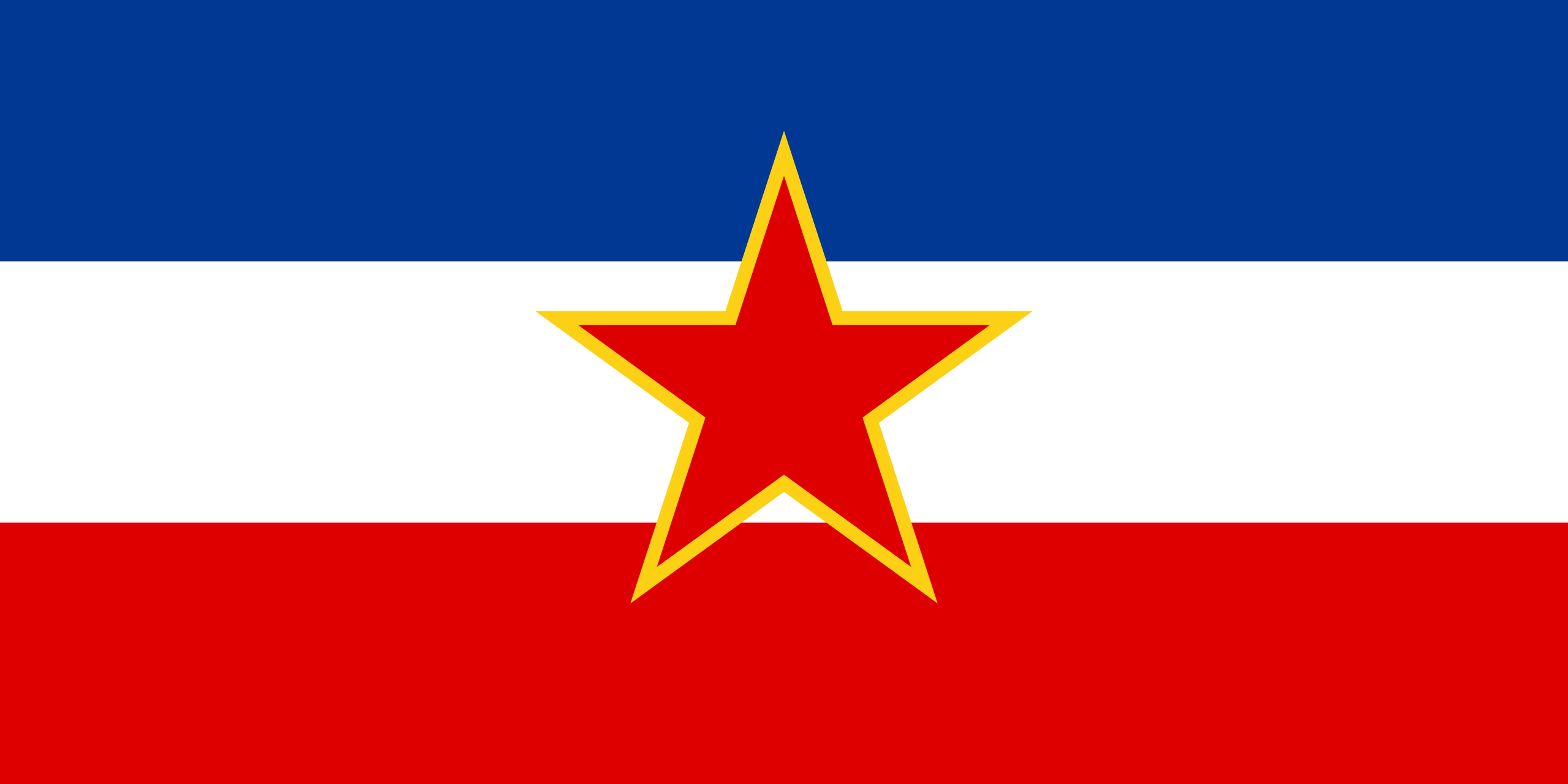 Socialist Federal Republic of Yugoslavia (1945–1992)
Socialist Federal Republic of Yugoslavia (1945–1992)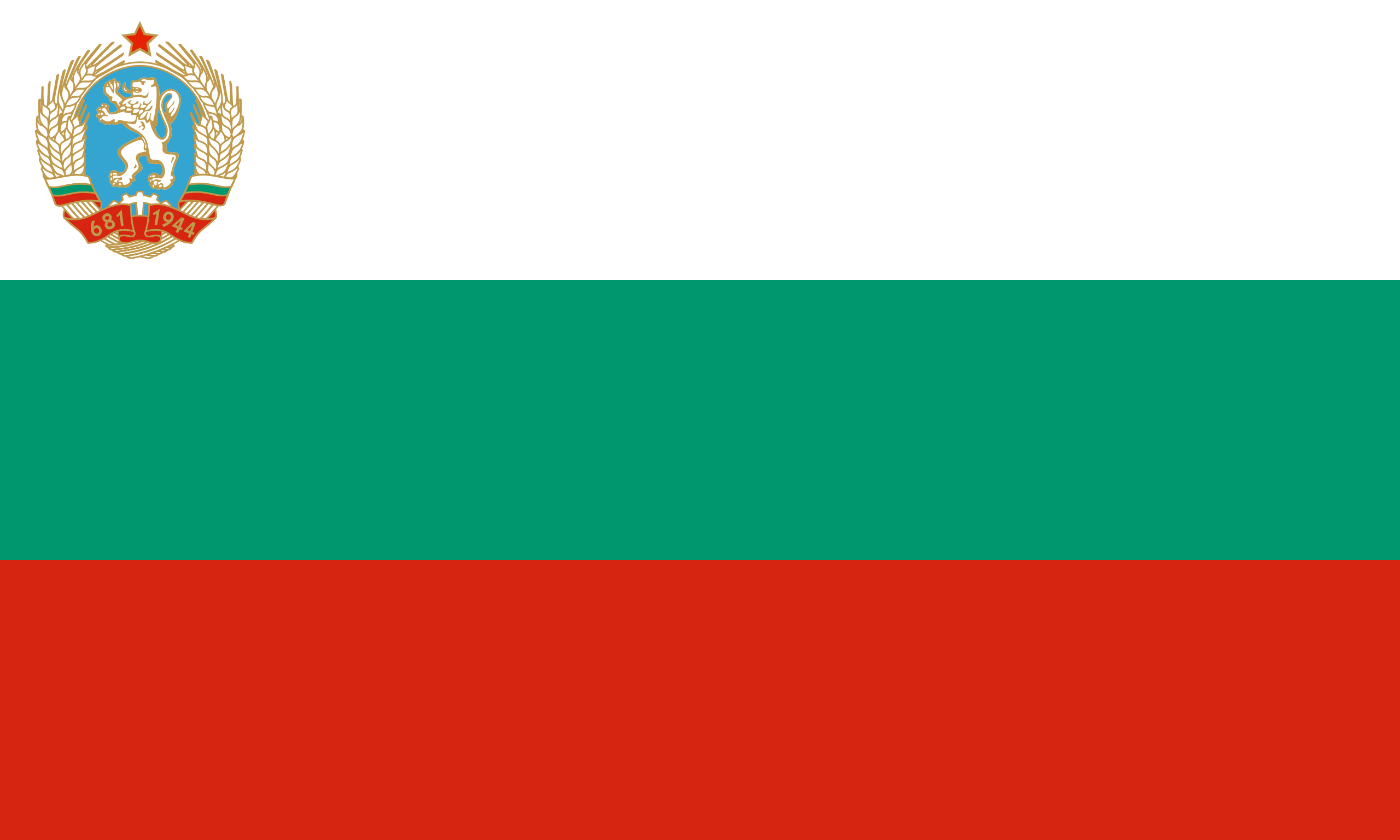 People's Republic of Bulgaria (1946–1990)
People's Republic of Bulgaria (1946–1990) People's Socialist Republic of Albania (1946–1992)
People's Socialist Republic of Albania (1946–1992) Polish People's Republic (1947–1989)
Polish People's Republic (1947–1989)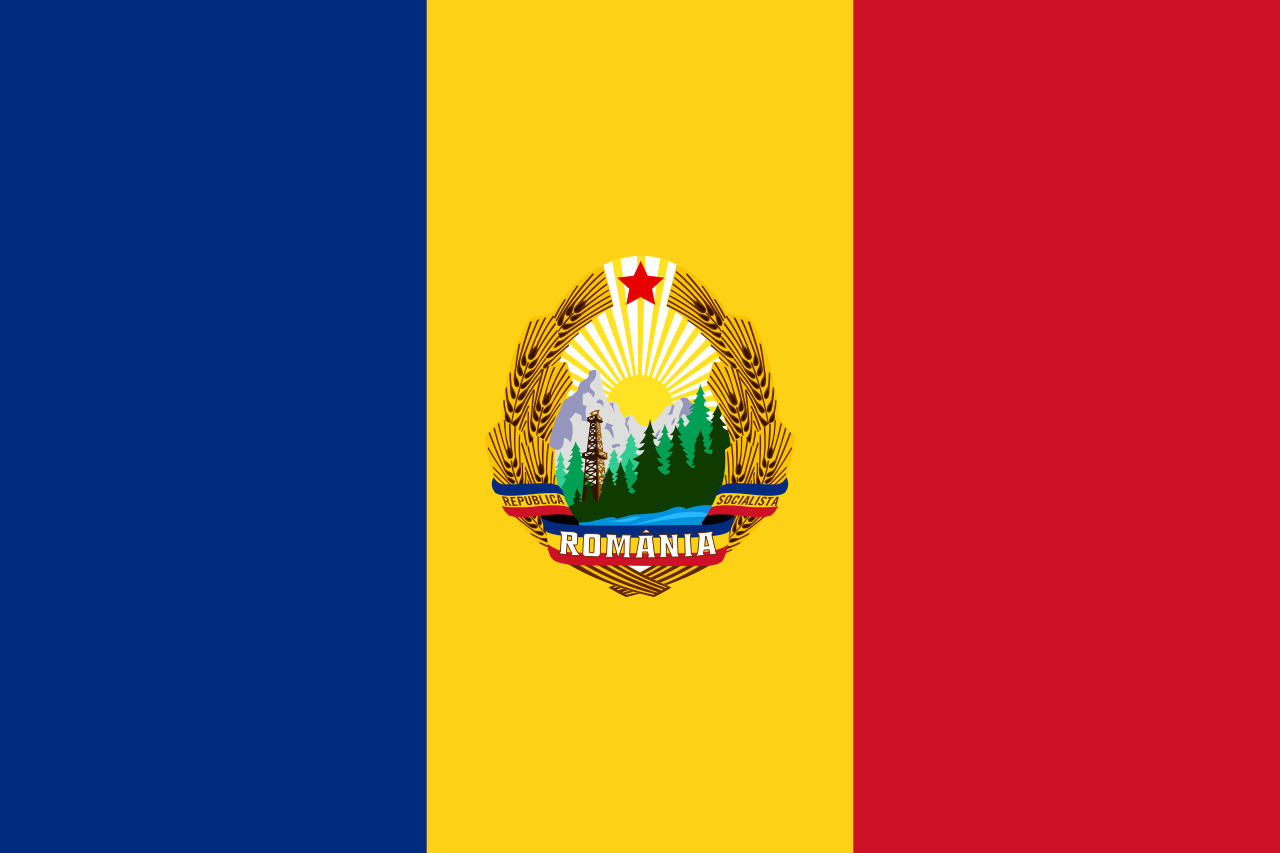 Socialist Republic of Romania (1947–1989)
Socialist Republic of Romania (1947–1989)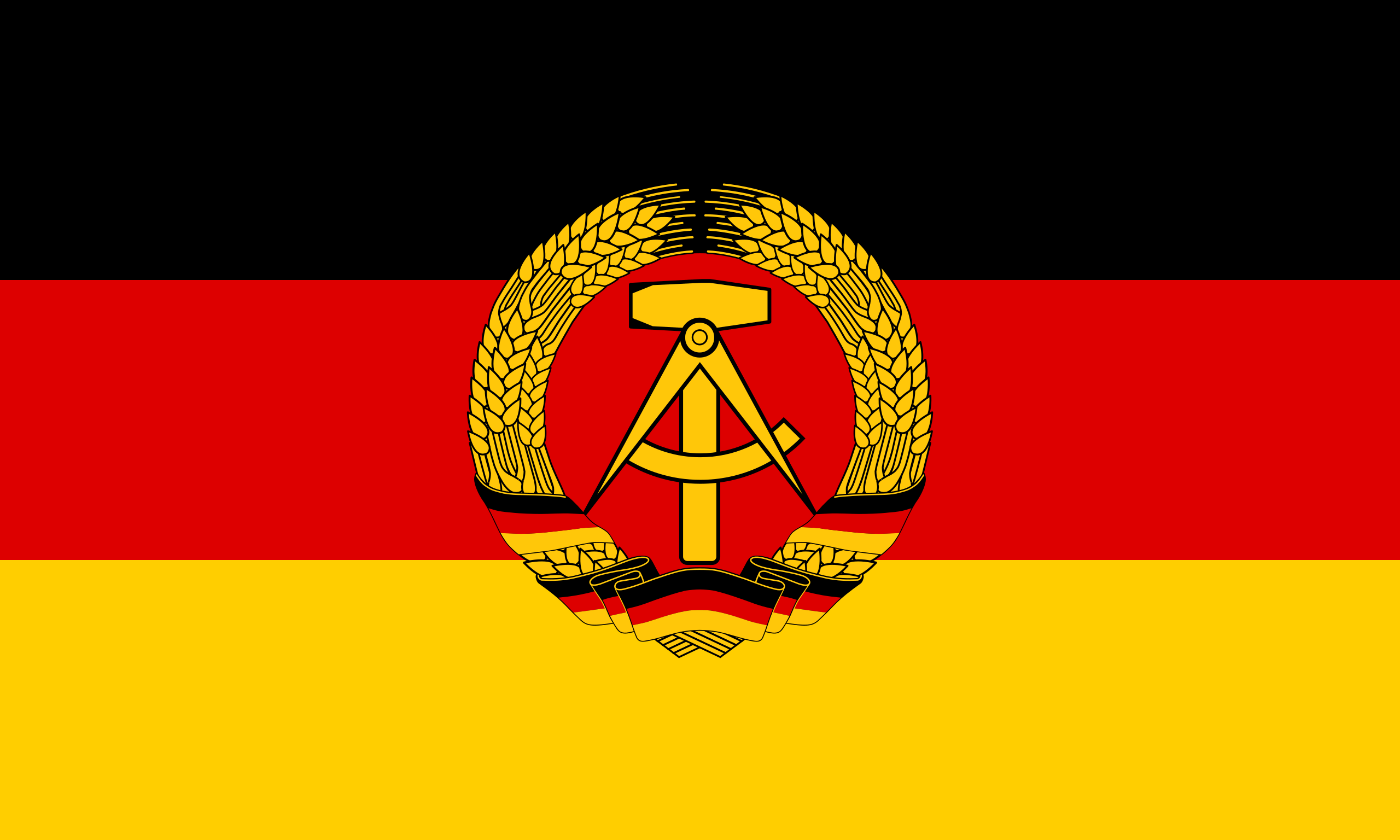 German Democratic Republic (1949–1990)
German Democratic Republic (1949–1990) Hungarian People's Republic (1949–1989)
Hungarian People's Republic (1949–1989) Democratic Republic of Vietnam (1954–1975)
Democratic Republic of Vietnam (1954–1975)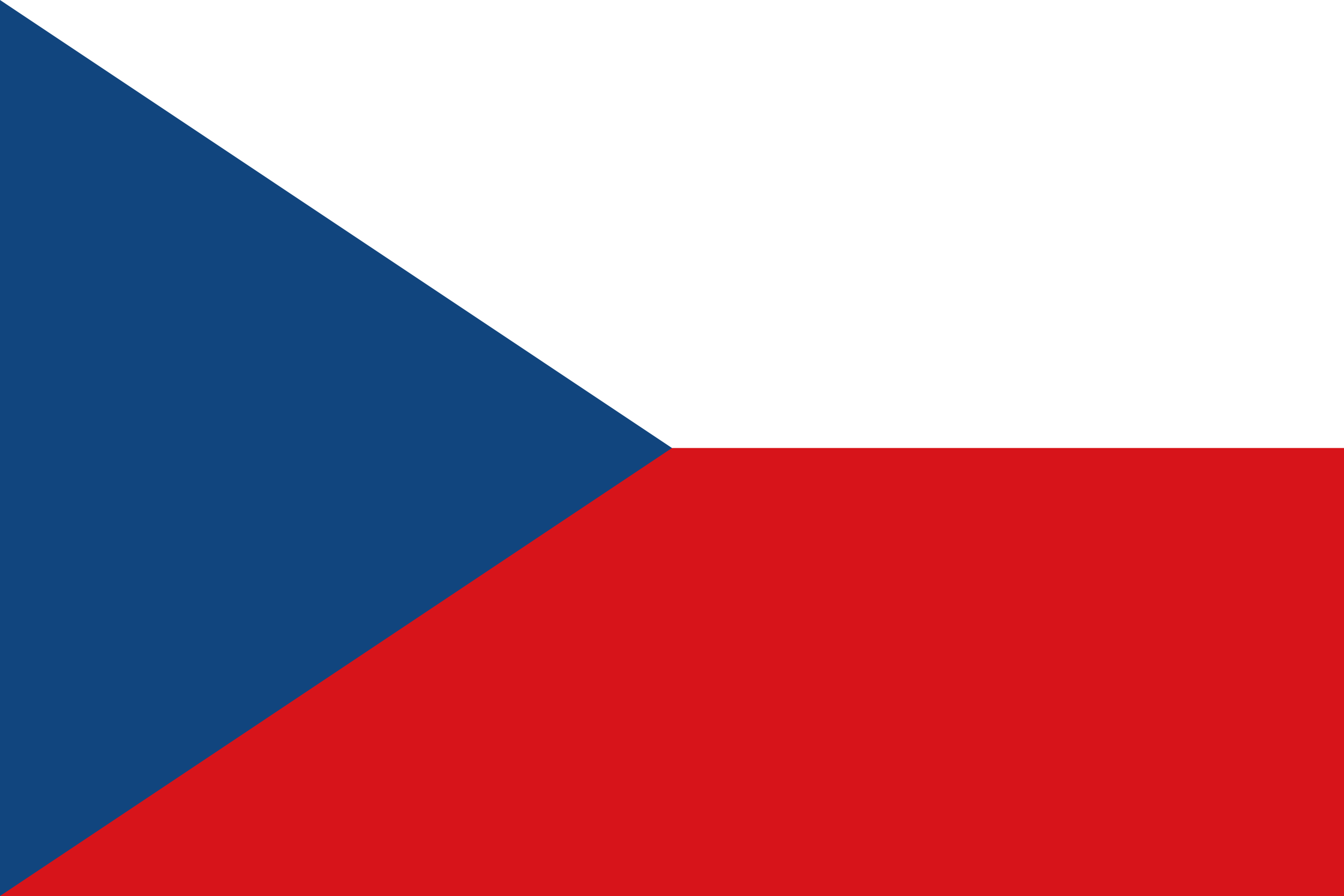 Czechoslovak Socialist Republic (1948–1990)
Czechoslovak Socialist Republic (1948–1990) People's Democratic Republic of Yemen (1967–1990)
People's Democratic Republic of Yemen (1967–1990) Somali Democratic Republic (1969–1991)
Somali Democratic Republic (1969–1991)- People's Republic of the Congo (1969–1992)
 Provisional Military Government of Socialist Ethiopia (1974–1987)
Provisional Military Government of Socialist Ethiopia (1974–1987)- People's Republic of Mozambique (1975–1990)
- People's Republic of Benin (1975–1992)
- People's Republic of Angola (1975–1992)
- Democratic Republic of Madagascar (1975–1992)
 Democratic Republic of Afghanistan (1978–1987)
Democratic Republic of Afghanistan (1978–1987)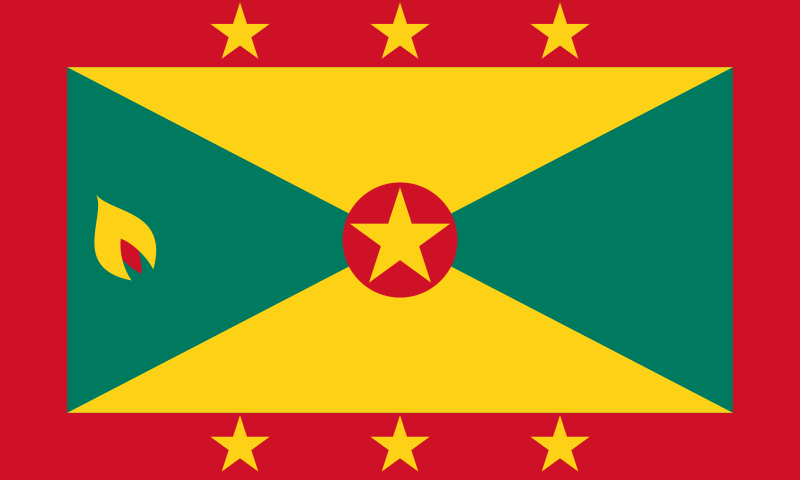 People's Revolutionary Government of Grenada
People's Revolutionary Government of Grenada- People's Republic of Kampuchea (1979–1989)
- People's Republic of Burkina Faso (1984–1987)